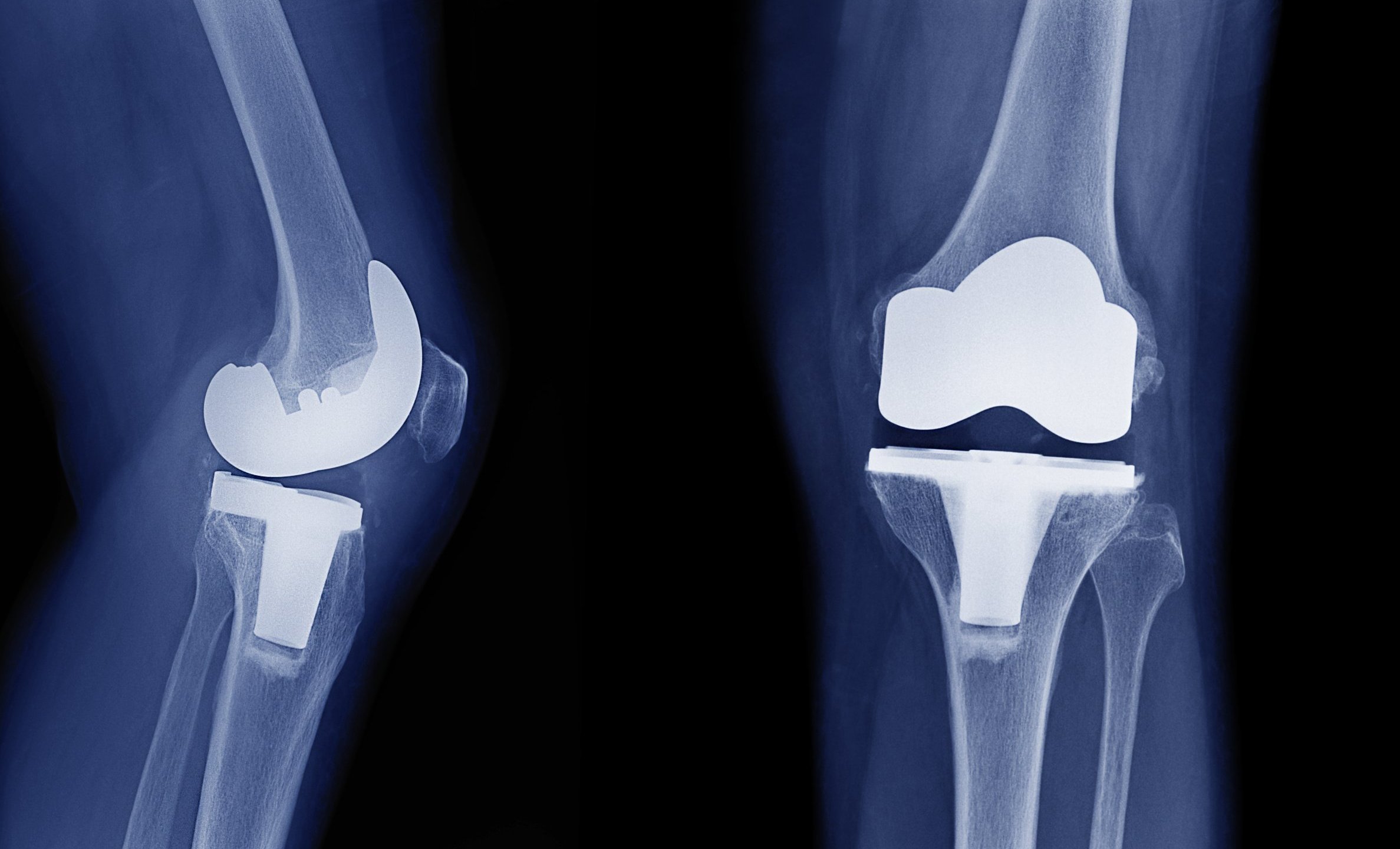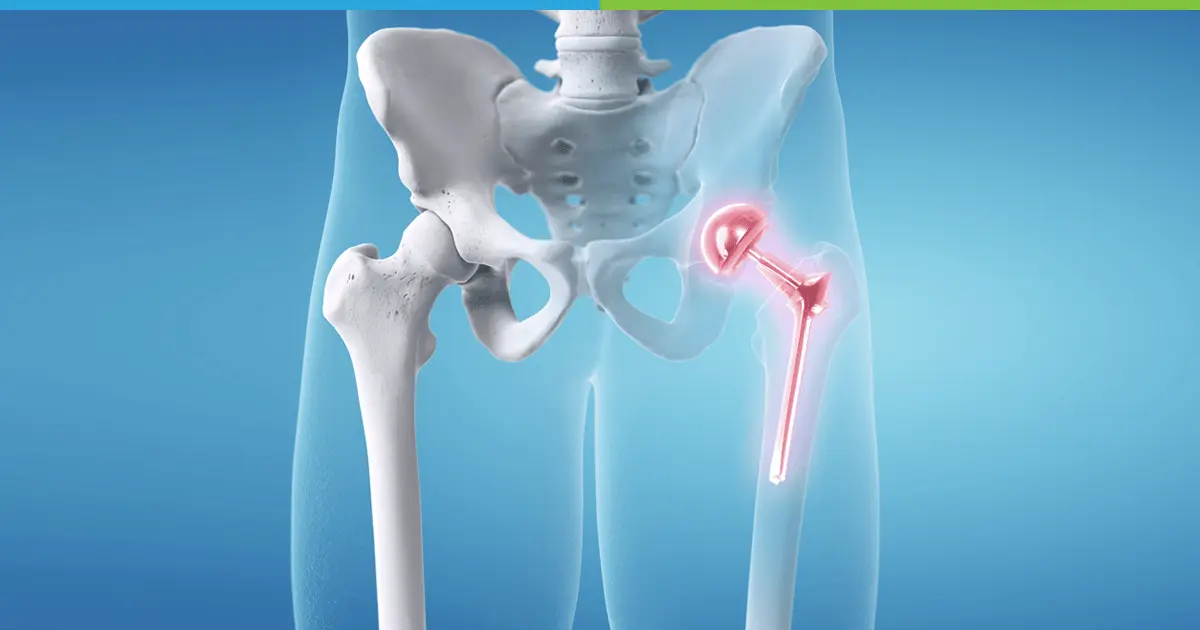Total Hip Replacement BL
Thailand
-
Our Price USD 7961
-
Hospital Price USD 8380
-
You Save : USD 419
Booking Amount: USD 796. Pay Remaining 90% at the hospital.
Book NowAdditional Credit
Among the important extras we offer as part of the Additional Credit are the following:
-
Site Tourism For The Patient & Attendant
-
Airport Pick & Drop Service
-
Ambulance service at airport
-
Priority appointments with The Doctor
-
Cancel Easily Anytime with Full Refund
-
Room Upgradation
-
Free Online Doctor Consultation Valued at USD 20
-
Free hotel Stay for 5 to 7 days Accordingly
-
Welcome Kit at Arrival
-
Interpreter
-
Medical Visa Assistance
What is Included?
- Doctor consultation charges
- Lab tests and diagnostic charges
- Room charges inside hospital during the procedure
- Surgeon Fee
- Cost of implant
- Nursing charges
- Hospital surgery suite charges
- Anesthesia charges
- Routine medicines and routine consumables (bandages, dressings etc.)
- Food and Beverages inside hospital stay for patient and one attendant.
What is not Included?
- Extra Radiology Investigations
- Healthcare Professionals Charges of other consultations.
- Other Requested Services such as Laundry etc.
- Additional Pharmaceutical Products and Medicines After Discharge from Hospital.
- Management of Conditions Unrelated to Procedures or Pre-Existing.
- The cost of any additional implants will be in addition to the package cost.
Package Description
Total Hip Replacement BL
Hip replacement is a medical operation in which a prosthetic implant, often known as a hip prosthesis, replaces the hip joint. A whole hip replacement or a hemi (half) replacement are two options for hip replacement surgery. In most cases, joint replacement orthopaedic surgery is performed to reduce arthritic discomfort or to treat hip fractures. The acetabulum and femoral head are both replaced in a total hip replacement (total hip arthroplasty or THA), whereas the femoral head is only replaced in hemiarthroplasty. Hip replacement is now one of the most popular orthopaedic procedures, yet short- and long-term patient satisfaction varies greatly.
Disease Overview:
Rheumatoid arthritis
Rheumatoid arthritis is a long-term inflammatory condition that affects more than your joints. The illness can harm a range of body systems in certain people, including the skin, eyes, lungs, heart, and blood vessels. It is an autoimmune disease in which your immune system assaults your own body's tissues.
Rheumatoid arthritis, unlike osteoarthritis, affects the lining of your joints, creating a painful swelling that can eventually lead to bone degradation and joint deformity.
Rheumatoid arthritis causes inflammation, which can cause harm to other regions of the body. Despite the fact that new types of drugs have greatly improved treatment choices, severe rheumatoid arthritis can still cause physical limitations.
Disease Signs and Symptoms:
The following are some of the signs and symptoms of rheumatoid arthritis:
- Joints that are painful, heated, and swollen
- Morning stiffness and inactivity are the most common causes of joint stiffness.
- Fever, fatigue, and a lack of appetite
- Smaller joints, such as the joints that connect your fingers to your hands and your toes to your feet, are often the first to be affected by early rheumatoid arthritis.
Wrists, knees, ankles, elbows, hips, and shoulders are frequently affected as the condition advances. Symptoms appear in the same joints on both sides of your body in the majority of instances.
About 40% of patients with rheumatoid arthritis also have indications and symptoms that aren't related to their joints. The following are some of the areas that might be affected:
- Skin\sEyes\sLungs
- Heart\sKidneys
- glands of the salivary
- Tissue of the nerves
- Marrow from the bones
- arteries and veins
The intensity of rheumatoid arthritis symptoms might vary, and they can come and go. Flares, or times of heightened disease activity, alternate with remissions, or periods when the swelling and discomfort lessen or cease. Rheumatoid arthritis causes joints to distort and move out of place over time.
Disease Causes:
Rheumatoid arthritis is an autoimmune illness that affects the joints. In a normal state, your immune system aids in the protection of your body against infection and disease. Your immune system assaults healthy tissue in your joints when you have rheumatoid arthritis. It can also affect your heart, lungs, nerves, eyes, and skin, among other things.
Doctors aren't sure what triggers this process, although it appears to have a hereditary component. While your genes do not cause rheumatoid arthritis, they might make you more susceptible to environmental conditions that can start the illness, such as infection with certain viruses and bacteria.
Factors that are at risk
Rheumatoid arthritis can be caused by a number of factors, including:
- It's all about you. Rheumatoid arthritis is more common in women than in men.
- Age. Rheumatoid arthritis can strike at any age, although it most typically strikes people in their forties and fifties.
- History of the family. If someone in your family has rheumatoid arthritis, you may be at a higher risk of developing it.
- Smoking. If you smoke cigarettes, you're more likely to develop rheumatoid arthritis, especially if you have a genetic predisposition to the disease. Smoking also appears to be linked to a worsening of illness severity.
- A lot of weight. Obese people tend to have a slightly greater chance of acquiring rheumatoid arthritis.
Disease Diagnosis:
Because the early signs and symptoms of rheumatoid arthritis are similar to those of many other diseases, it can be difficult to identify in its early stages. The diagnosis cannot be confirmed by a single blood test or physical finding.
Your doctor will examine your joints for swelling, redness, and warmth during the physical exam. He or she may also assess your muscle strength and reflexes.
Tests on the blood
An high erythrocyte sedimentation rate (ESR, also known as sed rate) or C-reactive protein (CRP) level in people with rheumatoid arthritis may suggest the existence of an inflammatory process in the body. Rheumatoid factor and anti-cyclic citrullinated peptide (anti-CCP) antibodies are two other popular blood tests.
Tests of imaging
X-rays may be recommended by your doctor to monitor the course of rheumatoid arthritis in your joints over time. Your doctor can use MRI and ultrasound tests to assess the degree of the disease in your body.
Disease Treatment:
Rheumatoid arthritis has no known cure. However, clinical trials show that early therapy with disease-modifying antirheumatic medicines (DMARDs) increases the likelihood of symptom remission (DMARDs).
Medications
Your doctor's drug recommendations will be based on the severity of your symptoms and the length of time you've had rheumatoid arthritis.
NSAIDs. NSAIDs (nonsteroidal anti-inflammatory medicines) can help to ease pain and inflammation.
Steroids. Corticosteroid medicines relieve inflammation and discomfort while also slowing the deterioration of joints. Bone weakening, weight gain, and diabetes are all possible side effects. Doctors frequently prescribe a corticosteroid to alleviate symptoms rapidly, with the intention of gradually weaning patients off the drug.
DMARDs that are often used. These medications can help to reduce the course of rheumatoid arthritis and prevent irreparable damage to the joints and other tissues. Methotrexate (Trexall, Otrexup, and others), leflunomide (Arava), hydroxychloroquine (Plaquenil), and sulfasalazine are all common DMARDs (Azulfidine). Liver damage and serious lung infections are possible side effects.
Therapy
Your doctor may recommend you to a physical or occupational therapist who may teach you exercises to maintain joint flexibility. The therapist may also recommend new ways to complete everyday duties that are less taxing on your joints. You could wish to take up an object with your forearms, for example.
Assistive gadgets can help you avoid putting unnecessary strain on your sore joints. A kitchen knife with a hand grip, for example, can assist safeguard your finger and wrist joints. Buttonhooks, for example, may make getting dressed a lot simpler. Catalogs and medical supply stores are excellent sources of inspiration.
Surgery
If drugs do not prevent or reduce joint deterioration, you and your doctor may decide to have surgery to restore the damaged joints. Surgery may be able to help you regain your capacity to move your joint. It can also help with pain and function.
One or more of the following techniques may be used in rheumatoid arthritis surgery:
- Synovectomy. The inflammatory lining of the joint (synovium) can be removed during surgery to help relieve pain and enhance joint flexibility.
- Tendon resurfacing. Tendons around your joint may loosen or rupture as a result of inflammation and joint injury. The tendons around your joint may be repaired by your surgeon.
- Fusion of the joints. When a joint replacement isn't an option, surgically fusing a joint may be indicated to stabilise or straighten a joint and provide pain relief.
- Replacement of the whole joint. Your surgeon will remove the damaged portions of your joint and replace them with a metal and plastic prosthesis during joint replacement surgery.
- Bleeding, infection, and discomfort are all risks associated with surgery. Discuss the advantages and disadvantages.
Information related to Treatment
Package Details
Days in Hospital
7 Days
Days in Hotel
*
15 Days
Room Type
Private
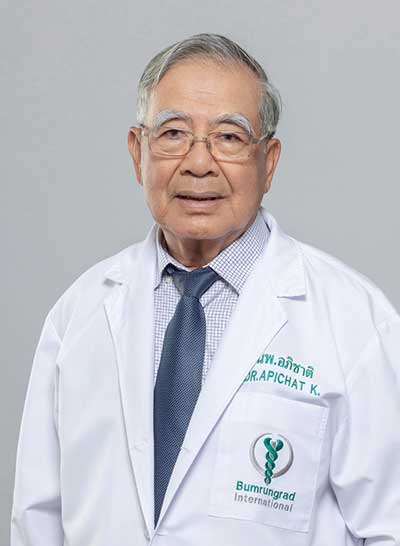
Treating Doctor
Prof.Dr. Apichat Asavamongkolkul
Orthopaedic Surgeon,Orthopaedic Surgeon- Soft Tissue Sarcoma Treatment, Soft Tissue Sarcoma Treatment, Bone tumour, Metabolic bone disorders, Metabolic bone disorders, Bone tumour
Bumrungrad International Hospital Bangkhen, Thailand
35 Years of Experience
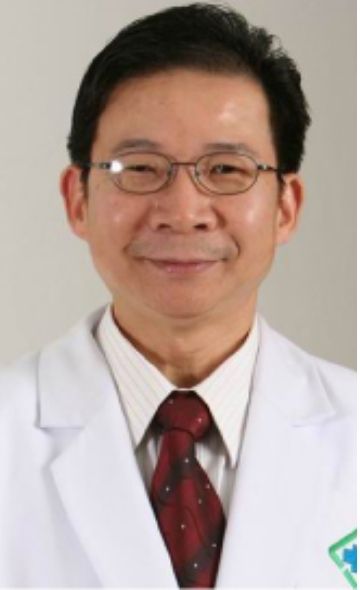
Treating Doctor
Dr. Amnuay Jirasirikul
Orthopedist & Spine Surgeon- Spine Surgery, Hip Disorders, Spine Surgery, Spine Surgery, Clubfoot, Spine Surgery, Spine Surgery, Spine Surgery
Bumrungrad International Hospital Bangkhen, Thailand
44 Years of Experience
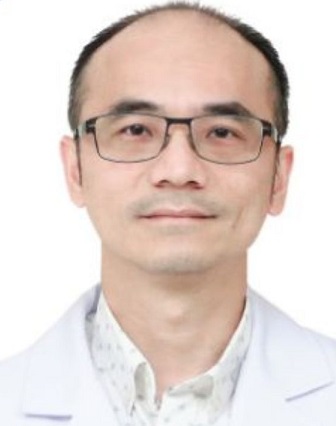
Treating Doctor
Dr. ITTIPOL PRASITDUMRONG
Orthopaedic Surgeon,Orthopaedic Surgeon- Orthopaedics & Trauma Surgery, Adult Orthopedic Surgery, Minimally Invasive Orthopaedic Surgeries, Orthopaedic Trauma Surgeries, Complex Orthopaedic Trauma
Samitivej Hospital Bangkok, Thailand
24 Years of Experience

Treating Doctor
Prof. Aree Tanavalee, M.D.
Orthopaedic Surgeon,Orthopaedic Surgeon- Orthopaedics & Trauma Surgery, Functional Orthopedics, Adult Rehabilitation Orthopedic Surgery, Adult Orthopedic Surgery, Joint Replacement & Reconstruction Orthopedics, Orthopedic Fracture Care
BNH Hospital Bangkok, Thailand
Years of Experience

Treating Doctor
Dr. Setthawit Sirisathit
Orthopaedic Surgeon,Orthopaedic Surgeon- Joint Replacement Surgery, Knee Replacement, Total Hip Replacement, Total Hip Replacement, Adult Orthopedic Surgery
Sikarin Hospital Bangkok, Thailand
Years of Experience

Treating Doctor
Asso. Prof. Wicharn Yingsakmongkol, M.D.
Orthopedist & Spine Surgeon- Spinal Deformity correction, Disc replacement (Artifical Disc Placements), Complex Spinal Surgeries
BNH Hospital Bangkok, Thailand
Years of Experience

Treating Doctor
PRAVIT SUKCHAROENCHAIKUL, M.D.
Orthopedist- Orthopaedics & Trauma Surgery, Functional Orthopedics, Adult Rehabilitation Orthopedic Surgery, Adult Orthopedic Surgery, Joint Replacement & Reconstruction Orthopedics
Samitivej Srinakarin Hospital Bangkok, Thailand
27 Years of Experience
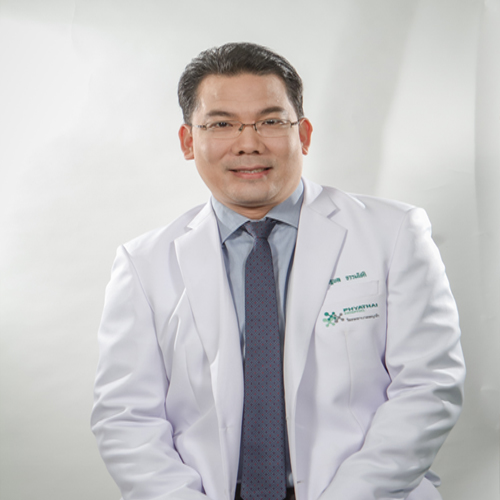
Treating Doctor
Assoc.Prof. Dr.Nattapol Tammachote
Orthopaedic Surgeon,Orthopaedic Surgeon- Knee Replacement, Hip Replacement, Adult Orthopedic Surgery, Joint Replacement & Reconstruction Orthopedics, Osteoarthritis (Most Common), Osteoarthritis (Most Common)
Phyathai 2 Hospital Bangkok, Thailand
24 Years of Experience

Treating Doctor
Dr. Nara Jaruwangsanti
Orthopaedic Surgeon,Orthopaedic Surgeon- Shoulder Surgery, Joint Replacement & Reconstruction Orthopedics, Complex joint replacement of hips and knees
King Chulalongkorn Memorial Hospital Bangkok, Thailand
12 Years of Experience
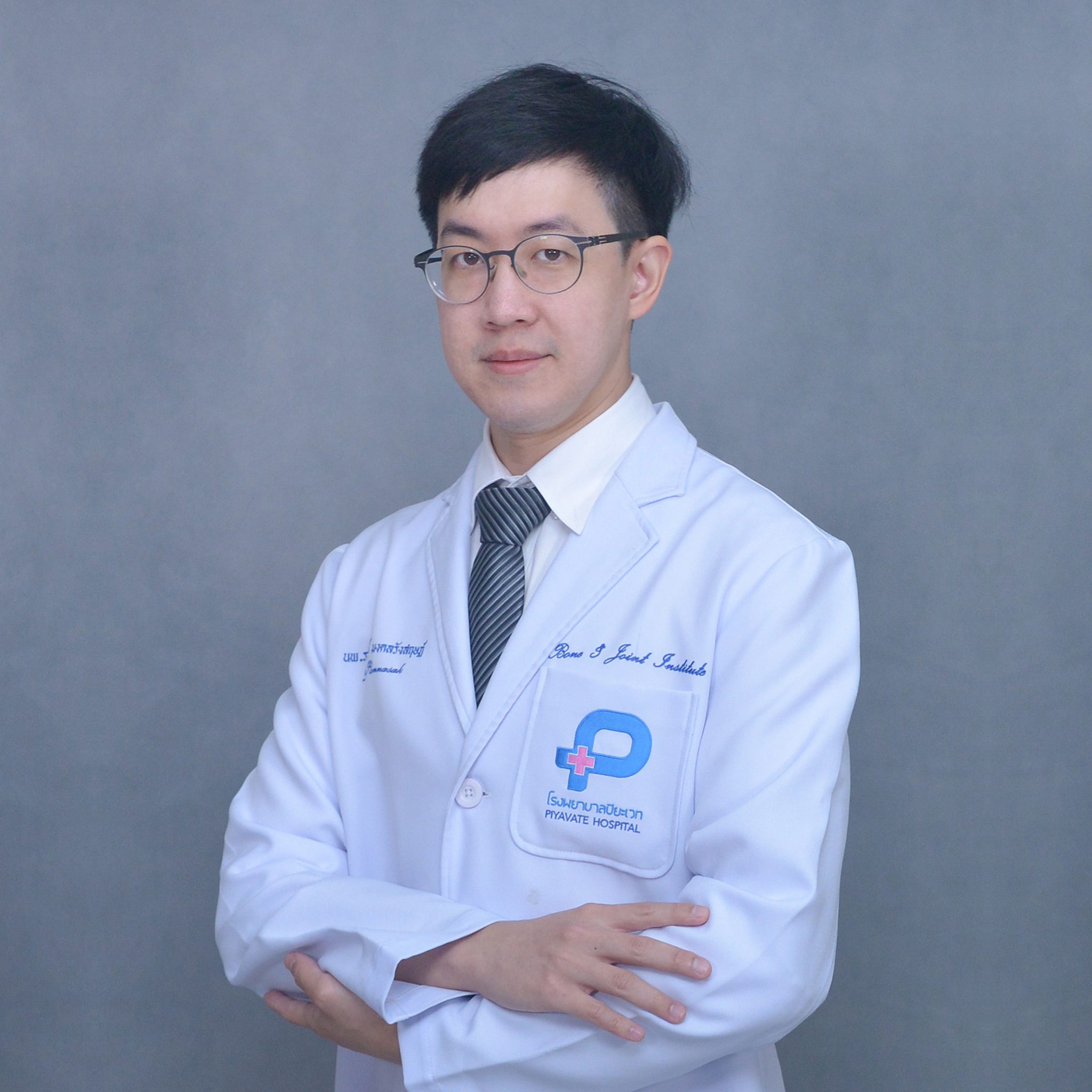
Treating Doctor
Dr. Ronasak Mongkolrungsarit
Orthopaedic Surgeon,Orthopaedic Surgeon- Joint Problems, Joint replacement (TKR/THR), Joint Replacement & Reconstruction Orthopedics
Piyavate Hospital Bangkok, Thailand
Years of Experience

